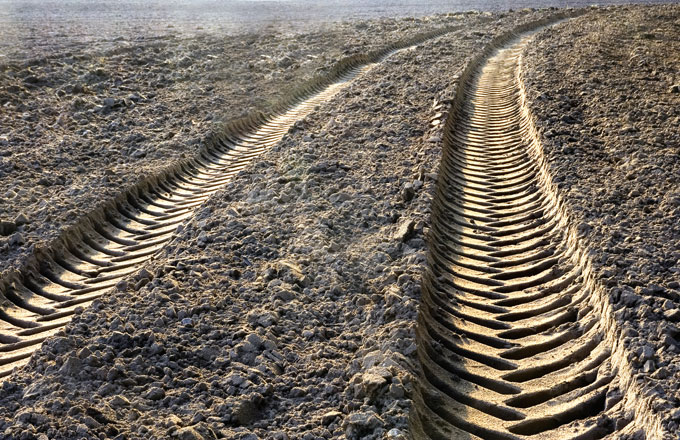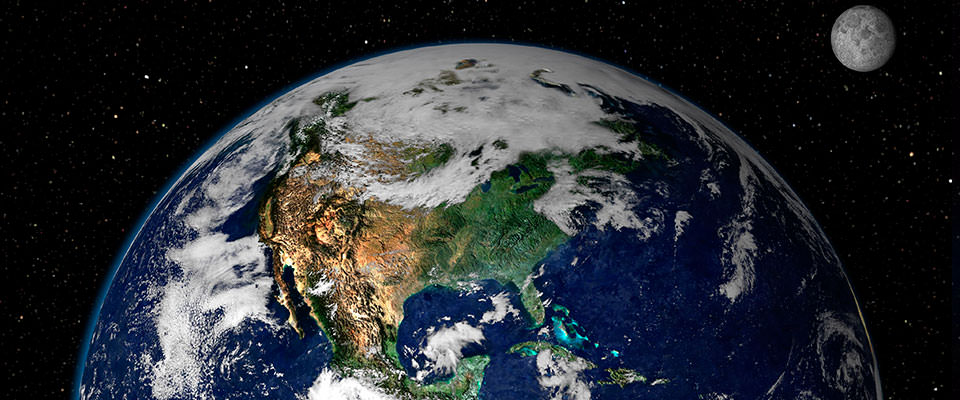Culture column: Weather by Jenny Offill

13 January 2021
We’re trying out something new here – a culture column. We want to take a look at how our films, tv shows, books and more talk about the climate and biodiversity crisis.
A lot of the material we choose probably won’t be solely and explicitly about the climate crisis – but we’re up for getting creative and finding climate discussions wherever they are.
To kick us off, we’re going with one of my favourite novels to come out last year – Weather by Jenny Offill.
The first time I came across Weather by Jenny Offill was by accident. I was killing time with some book browsing, and came across it on a display table.
A handwritten card laid out the premise: a woman processes the climate crisis while working and raising a young child.
I hadn’t yet come across much contemporary fiction addressing climate. Whenever I would putter around book shops (back in the days we could do so), I mainly saw it explicitly named on science book spines or allocated its own non-fiction section altogether.
I knew about science fiction titles out there exploring future dystopias of a climate hell-scape, but admittedly, that genre never struck a chord with me.
Weather felt digestible and doable, so I picked it up. Once bought, I tucked it under my arm and started reading it while I waited for a friend.
About sixteen hours later, I put it down and mulled over the final lines.
Written in fragmentary form, Jenny Offill takes us from astute daily observations to email exchanges to literary reflections often all in one page. But it never feels haphazard. It’s an intentional emulsion of themes like rugged individualism, community, love and despair all against the backdrop of the ongoing climate crisis and personal turmoil.
Our main character Lizzie Benson ends up helping out a former university professor, Sylvia, who now hosts a podcast focused on the future, and fields emails from listeners. She tags along to talks and dinners, and observes all sorts of personalities attempt to discuss the deteriorating environment.
There are queries about what the “safest place” will be in the face of climate catastrophe and pointed questions about what exactly a changing biosphere will mean for members of the audience.
Pages later, Lizzie recounts a factoid her husband told her: in Greek mythology, the gods would test humans by cloaking themselves as strangers looking for help and would deliver their judgment based on the welcome they received.
An “everything-will-work-out-in-the-end” tech cohort makes an appearance at a dinner, and Lizzie has an unsettling interaction with one attendee.
“His point is that eventually all those who are unnerved by what is falling away will be gone, and after that, there won’t be any more talk of what has been lost, only of what has been gained”, she recalls.
In the next paragraph, she worries that if this imagined somewhere is bad, humanity has no remembered steps to retrace.
The book is also imbued with wit. A clear example is when Sylvia quips that “these people long for immortality, but can’t wait ten minutes for a cup of coffee” shortly after the Silicon Valley guests leave.
Expressions of individualism are rife throughout the book, but as a climate journalist, I found the greatest takeaway to be its antidote: community.
Lizzie finds pockets of relief with her family, with her meditation class, with reminders that she is not alone.
Now, I’m not one for spoilers, and I assure you this gives away no key plot point, but those final lines, the ones that bring me back to this book time and time again, are ones we all stand to here more often.
“The core delusion is that I am here and you are there”.
[x_author title=”About the Author”]







